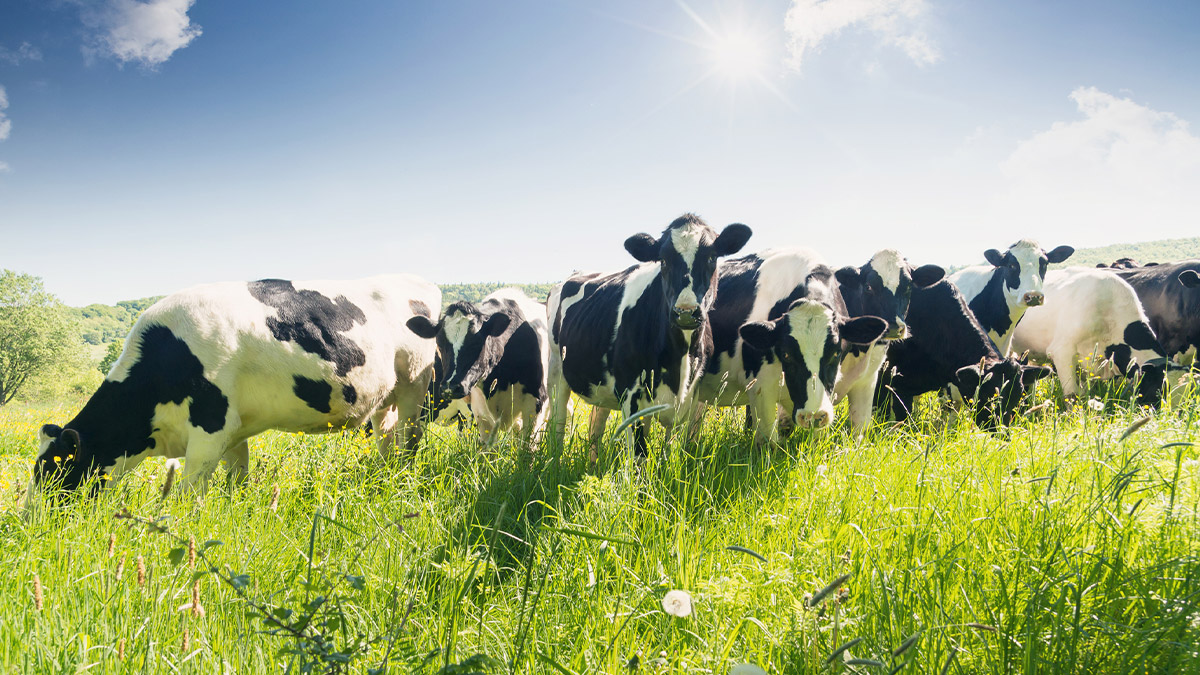Clean burning natural gas
Natural gas is one of the world’s cleanest and safest energy sources. Electricity generated from natural gas replaces higher carbon emitting fuels such as coal, helping to reduce greenhouse gas emissions.
On our Iroquois system, we are working on a project to install new state-of-the art compressors that include oxidation catalyst equipment to reduce emissions. The project will also enable delivery of additional natural gas into the New York region, potentially replacing fuel oil with natural gas for lower-emission electricity generation.
Natural gas and its associated infrastructure also complement renewables for those times when the wind is not blowing and the sun is not shining, which is a reminder that our future is one of natural gas and renewables, not natural gas or renewables.
Harnessing renewable biogas
Cattle are notorious for being big producers of methane emissions. Given the prominence of beef in our diets and cultures, there are creative opportunities to mitigate their environmental impact and contribute to renewable energy solutions.
Threemile Canyon Farms in Oregon is doing just that. They are turning the manure from some 33,000 dairy cows into renewable natural gas, or biogas.
The gas reaches consumers in California through an interconnect with our GTN system that was brought into service in 2019. This includes a specialized meter station equipped with analyzers, shut-in valving, and equipment to ensure the gas entering the pipeline is tariff quality.
The benefits to the environment are significant. As part of Threemile’s methane extraction process, some 136,000 tonnes a year of C02 emissions are avoided, equivalent to the annual greenhouse gas emissions from about 29,000 passenger vehicles.
Threemile is not our only biogas-producing customer. We are also receiving biogas captured from cow manure at Town Hall Road in Wisconsin and a landfill at Dane County in Wisconsin, via our Great Lakes pipeline.
Our participation in projects like these helps remove emissions from the gas value chain while continuing to deliver affordable energy to consumers.

